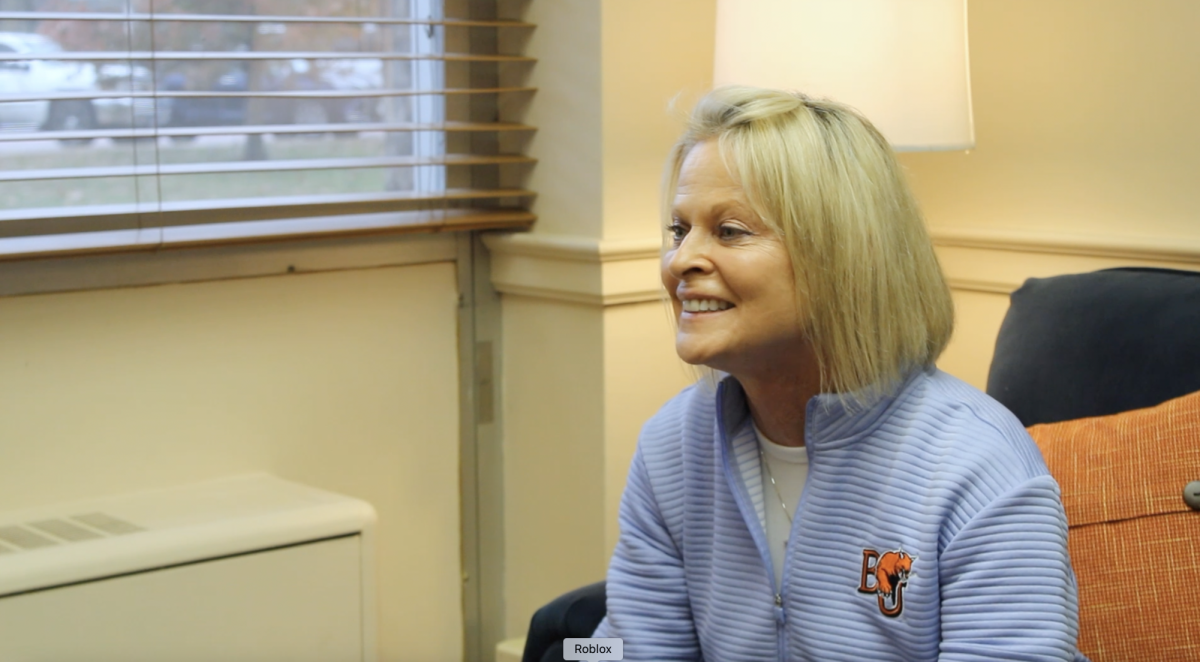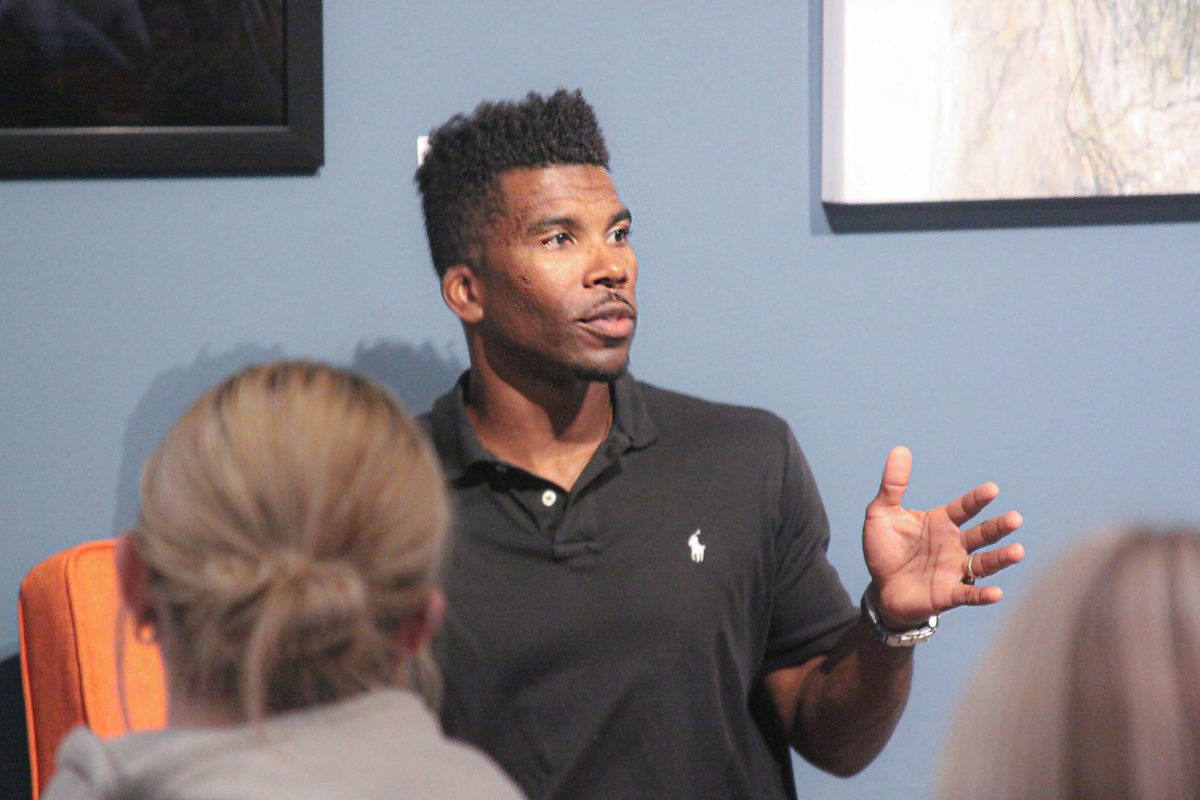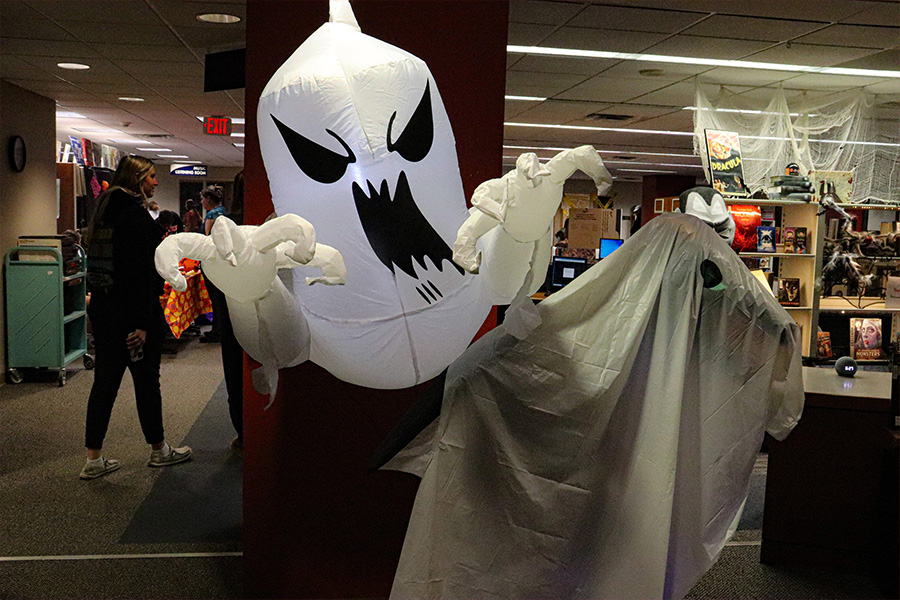Baker University students, faculty and staff will soon make better connections with the completion of more wireless Internet access points by the end of the academic year.
Baker first had wireless Internet access installed in July 2005. Access points were then installed in seven campus buildings during the 2005-2006 school year including the residence halls, Collins Library and Harter Union.
Vice President for Information Technology Simon Maxwell said the university plans to install access points in eight more buildings during the current school year.
“We are already done with three of the buildings,” Maxwell said. “Constant Hall, Mabee Hall and Mulvane Hall are complete.”
The remaining five buildings scheduled for wireless access are Case Hall, Collins Center, Owens Musical Arts Building, Parmenter Hall and Pulliam Center.
Even with those additions, Baker will still not be a fully wireless campus. Maxwell said no specific time frame exists to outline when Baker will have wireless access points in all areas.
“We plan to discuss the possibility in meetings before the 2007-2008 school year,” he said. “It has been talked about before, but it comes down to money. It is an expensive venture.”
Maxwell also reported the university is working to bring wireless technology to the main administration buildings in the near future, so that faculty and staff will have access to the same amenities that students in residence halls do.
Professor of Business and Economics Kevin McCarthy said he’s experienced some frustration with the reliability of the wireless Internet access. He said he tried bringing his laptop into the computer lab before to try out the wireless access, and the network would not allow him to log on.
“Basically, it’s just easier for me to use the computers in the lab,” he said.
Freshman Kaci Forsythe said the wireless access makes doing homework more convenient for her.
“I really like being able to take my laptop anywhere,” Forsythe said. “I use it in my friends’ rooms to work on assignments. It just makes things easier.”
One advantage of having the choice between both wired and wireless Internet access on campus is both of the systems work independently.
“If you are having a problem with the wired access, that does not mean your wireless access won’t work and vice-versa,” Maxwell said.
Maxwell said the traditional wired Internet access typically provides faster downloads for students than the wireless technology does. Another setback to the wireless access is students who don’t have laptops cannot take advantage of it. Maxwell said this may change in the future with talk of a policy that would allow Baker to provide all students with laptops.







